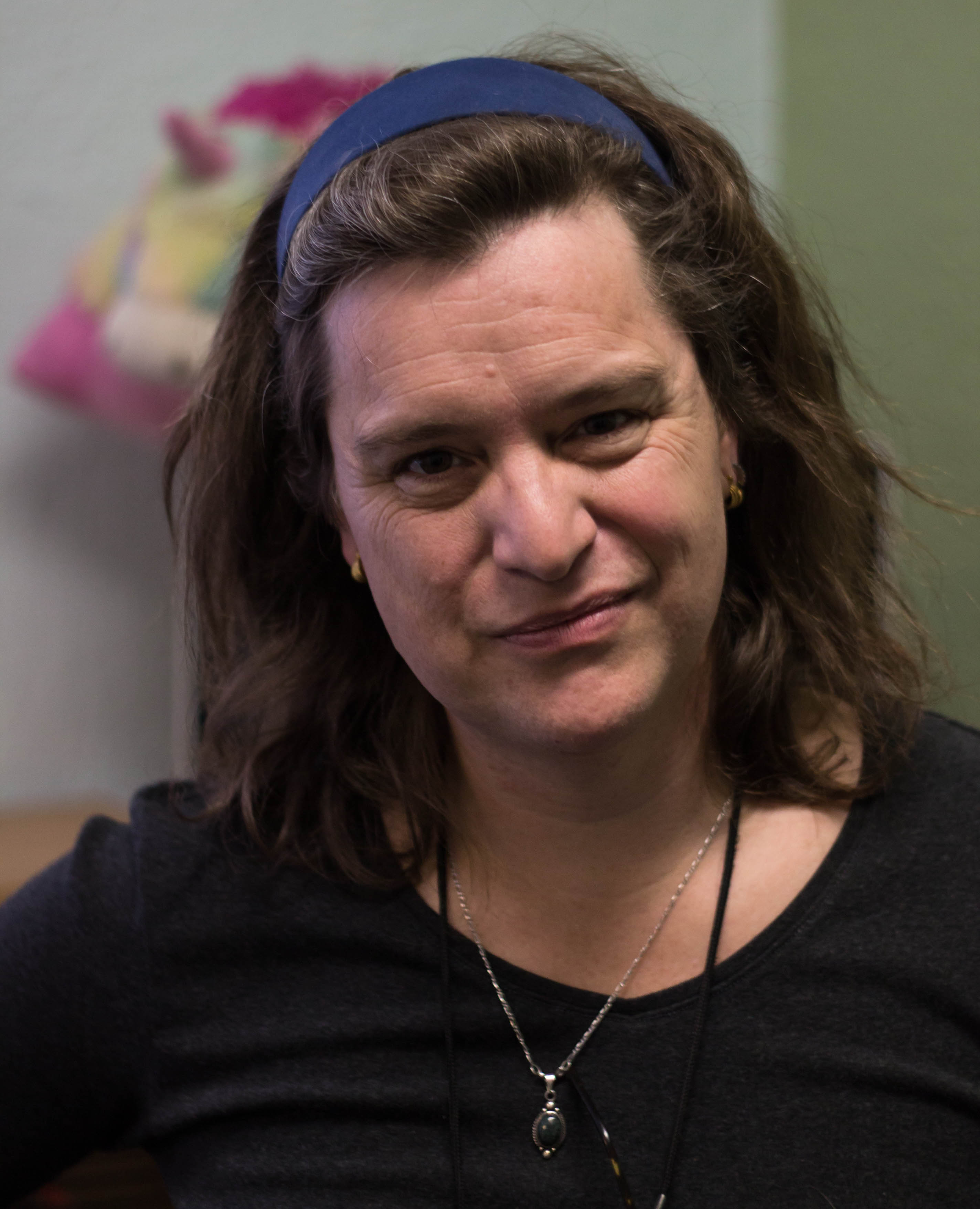The Centre for Gender Advocacy and the Clinique Juridique Juripop will sue Quebec to revoke a law that infringes on the rights of trans people by enforcing restrictions for changing one’s sexual identity.
The organizations announced the lawsuit on Nov. 20, the Transgender Day of Remembrance.
The centre filed a human rights complaint to the Commission of Human Rights and Youth Rights in August regarding article 71 of the Quebec Civil Code. This article requires that every person who wants to legally change their gender identity must be a Canadian citizen, over the age of 18, and undergo surgical structural modification of the sexual organs.
While the commission responded saying the centre had a strong case in challenging this law and was in good standing to represent trans people, they refused the complaint based on technicalities.
“The law makes it mandatory for [them] to have a real victim of direct discrimination, so it means that we can’t just address a systematic discrimination, we have to have people who have actually lived it,” said Gabrielle Bouchard, the centre’s peer support and trans advocacy coordinator.
To move forward in challenging this law, the centre will require at least one person to claim they’ve been a victim of discrimination in not being able to change their gender marker due to any of the three restrictions outlined in article 71.
The centre is waiting to officially send forth the lawsuit, since on Nov. 26, the National Assembly voted on an amendment to Bill 35 which would remove the surgical requirements for anyone wishing to change their gender marker, Bouchard explained. The bill should be passed into law by the end of this session, before Christmas.
“Right now, there’s the potential that one of the three things that we wanted off the law by going to court might actually be done just by legislation,” said Bouchard.
The centre is waiting to see if the amendment will include further barriers that infringe on trans people’s’ rights, or claim that the law only be applied in several years.
“We have to wait before we celebrate anything,” she said.
Even if the amendment lifts the regulation that surgery is required for a sex-change, the Centre will go forward with the lawsuit against Quebec since discrimination will still exist against non-Canadian citizens and trans people under the age of 18.
Before the proceedings are filed in the coming weeks, founder and Executive Director of Juripop, Marc-Antoine Cloutier, has asked the Minister of Justice, Bertrand St-Arnaud, to take responsibility and change the Civil Code of Quebec in order to respect the rights of trans people.
“The Minister of Justice is doing the best he can within the situation he’s in,” said Bouchard.
Juripop and the Centre for Gender Advocacy have also launched a fundraiser for the lawsuit to raise money for trans people who may need to testify in court.
“They’re already in precarious situations so we want to be able to provide for them,” said Bouchard.
The centre is the plaintiff since they have the means and necessary resources to push this lawsuit forward, but many other transgender-rights groups are working alongside them and Juripop.
“We’re not doing this in a vacuum,” said Bouchard. “We’re doing this in concert with other organizations.”
To learn more or to make a donation, visit juripop.org.
